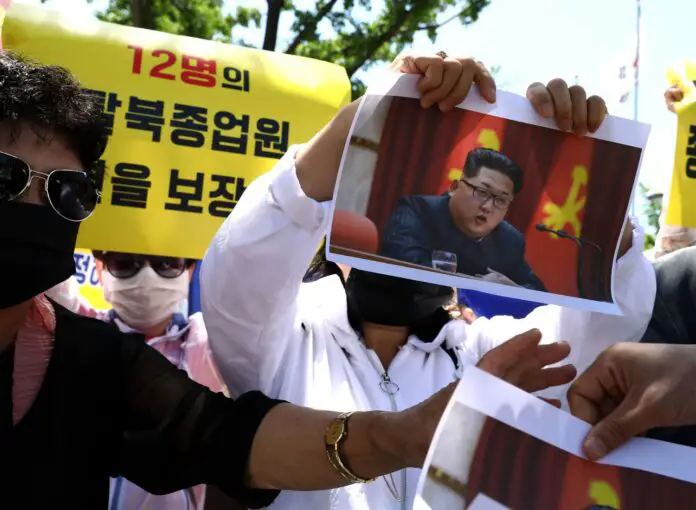North Korea, one of the world’s most secretive and authoritarian regimes, is known for its political repression. The country’s government has been accused of arbitrary arrests, imprisonment, and even execution of political dissidents and their families.
North Korea is a one-party state ruled by the Workers’ Party of Korea (WPK). The supreme leader, Kim Jong-un, is also the general secretary of the WPK. The government has quite a tight grip on all aspects of society, including the media, education, and religion. In this blog post, we will explore the different forms of political repression the North Korean government practices and their impact on the country’s citizens.
Political Repression in North Korea
Political repression refers to using force and coercion to silence political opposition. In North Korea, political repression maintains the government’s power and control over its citizens. Arbitrary arrests are common in North Korea. The government can arrest anyone it deems a threat to the regime. Many of those arrested are never given a trial and are often subjected to torture and abuse while in custody.
Imprisonment is another form of political repression used by the North Korean government. Those accused of political crimes are often sent to labor camps and forced to work inhumanely. Prisoners are often subjected to torture, malnutrition, and other forms of abuse.
The North Korean government is very well known for its use of execution to silence political dissidents. Those accused of political crimes are often executed without a fair trial. The government also executes family members of those accused of political crimes to intimidate others. The North Korean government has a vast network of informants and spies that monitor the activities of its citizens. This surveillance system is used to identify potential political dissidents and to control the population.
The Control on Media and People’s Lives
The North Korean government controls all forms of media, including newspapers, radio, and television. All media outlets are state-owned and controlled by the government. The government also controls access to the internet and blocks any websites it deems a threat to its regime. The government tightly controls education in North Korea. The curriculum is designed to promote loyalty to the government and suppress any dissenting views. Students are taught to worship the supreme leader and to view the government as infallible.
Religion is also controlled in North Korea. The government allows only a few state-approved religions and severely restricts religious expression. Religious leaders are often targeted for political repression. Forced labor is common in North Korea, particularly in prison camps. Prisoners are often forced to work in dangerous and inhumane conditions. The government also uses forced labor to control its citizens and maintain its power.
Impact on Citizens
The political repression practiced by the North Korean government significantly impacts the country’s citizens. Many live in fear of arrest, imprisonment, or execution. The government’s control over all aspects of society means that citizens have limited freedom and few opportunities for advancement.
The international community has condemned the human rights abuses in North Korea. The United Nations has frequently called on the North Korean government to improve its human rights record. However, the North Korean government has refused to cooperate with the UN and denied allegations of human rights abuses.
What Can Be Done to Help?
- It supports human rights organizations that expose and combat political repression in North Korea.
- We are raising awareness of all the human rights abuses in North Korea by sharing information and stories about the situation.
- I am writing to government officials and representatives to urge them to take action on the issue.
- I am donating to organizations that aid North Korean refugees and asylum seekers.
- You are engaging in peaceful protests and demonstrations to raise awareness.
Conclusion
The political repression practiced by the North Korean government is a grave violation of human rights. The government’s use of arbitrary arrests, imprisonment, execution, surveillance, censorship, forced labor, and other forms of repression devastates the country’s citizens. North Koreans live in fear of their government, unable to speak out or challenge its authority. The international community must continue to condemn these human rights abuses and pressure the North Korean government to change its ways. It’s essential to hold the government accountable for its actions and demand that it respect its citizens’ basic rights and freedoms.
